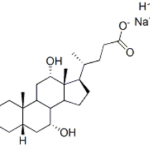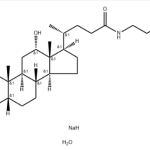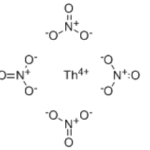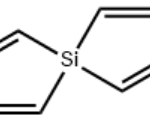
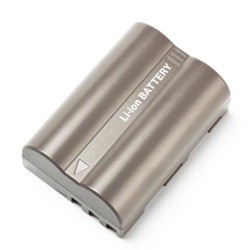
Previously, nickel-cadmium was the only batteries for charging portable electronics and other equipment. Ranging from wireless forms of communications to mobile computing, nickel-cadmium was a top choice. However, during the early 1990s, lithium-ion surfaced in the market, providing competition to the otherwise popular option. In the present day, lithium-ion has emerged as the most promising of options. Ground-breaking work associated with lithium batteries started out back in 1912 by Mr. G.N. Lewis. However, only later during the 1970s, the world saw the first ever non-rechargeable lithium batteries when they were being sold commercially. Coming down to its basic traits, lithium is one of the lightest metals, yet has the maximum electrochemical capacity and offers highest weight energy density. Stated below are some reasons that will convince you why lithium-ion batteries are ideal over its counterparts :
They Have High Energy Density
This one is probably the biggest advantage that lithium-ion batteries have to offer. Electronic gadgets and equipment (for instance mobile phones) require longer operation ; you need batteries that possess relatively higher energy density. And this is just what lithium-ion batteries offer. Not just mobile phones, these batteries are used on a range of power tools and electronic vehicles. And for such equipment, high energy density is an amazing advantage.
They Have Low Self-Discharge
One of the most hard-hitting problems with batteries is their tendency to discharge rather rapidly over the passage of time. However, that’s not the case with lithium-ion batteries. The rate at which they discharge is quite low compared to other rechargeable batteries including nickel-cadmium and NiMH.
They Require Low Maintenance
Another advantage of using lithium-ion batteries is the fact that they don’t need regular maintenance to keep on giving up-to-the-mark performance. For instance, nickel-cadmium batteries need to be discharged at regular intervals to ensure they are not showing signs of memory effect. Since this is not a concern with lithium-ion batteries, there is no requirement of any kind of similar maintenance.
They Don’t Need Priming
There are quite a few rechargeable batteries in the market that call for priming when charged for the first time. There is no such concern with lithium-ion batteries. If you are on the lookout for high-purity electrolytes for lithium-ion batteries, your search ends here. At Watson International Ltd., we have developed three new electrolytes :
LiBOB,
LiODFB, and
LiBF4 that are used primarily for lithium-ion batteries. Place your order or email us at
contact@watsonnoke.com for more information.

 Previously, nickel-cadmium was the only batteries for charging portable electronics and other equipment. Ranging from wireless forms of communications to mobile computing, nickel-cadmium was a top choice. However, during the early 1990s, lithium-ion surfaced in the market, providing competition to the otherwise popular option. In the present day, lithium-ion has emerged as the most promising of options. Ground-breaking work associated with lithium batteries started out back in 1912 by Mr. G.N. Lewis. However, only later during the 1970s, the world saw the first ever non-rechargeable lithium batteries when they were being sold commercially. Coming down to its basic traits, lithium is one of the lightest metals, yet has the maximum electrochemical capacity and offers highest weight energy density. Stated below are some reasons that will convince you why lithium-ion batteries are ideal over its counterparts :
Previously, nickel-cadmium was the only batteries for charging portable electronics and other equipment. Ranging from wireless forms of communications to mobile computing, nickel-cadmium was a top choice. However, during the early 1990s, lithium-ion surfaced in the market, providing competition to the otherwise popular option. In the present day, lithium-ion has emerged as the most promising of options. Ground-breaking work associated with lithium batteries started out back in 1912 by Mr. G.N. Lewis. However, only later during the 1970s, the world saw the first ever non-rechargeable lithium batteries when they were being sold commercially. Coming down to its basic traits, lithium is one of the lightest metals, yet has the maximum electrochemical capacity and offers highest weight energy density. Stated below are some reasons that will convince you why lithium-ion batteries are ideal over its counterparts : 

